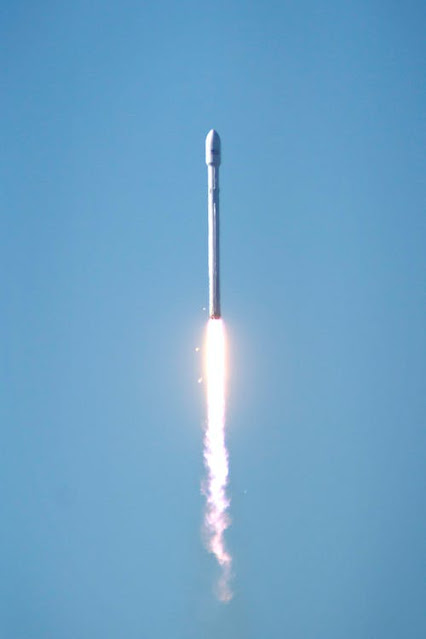SpaceX, short for Space Exploration Technologies Corp., is a private American aerospace manufacturer and space transportation company. It was founded by entrepreneur Elon Musk with the goal of revolutionizing space technology and making space exploration more accessible and cost-effective. Here's an overview of the origins and early history of SpaceX:
Founding and Inspiration: Elon Musk founded SpaceX in 2002 with the vision of reducing the cost of space travel and eventually enabling the colonization of other planets, particularly Mars. Musk's desire to establish a multi-planetary civilization and his frustration with the high costs associated with space exploration were significant driving forces behind the creation of SpaceX.
Commercial Spaceflight: SpaceX aimed to develop commercial launch vehicles and spacecraft to transport cargo and eventually humans to space. Musk believed that by introducing competition and innovative technologies, the cost of space missions could be significantly reduced compared to traditional government-funded programs.
Early Milestones: In 2006, SpaceX achieved its first major milestone with the successful launch of the Falcon 1, a small orbital rocket. It was the first privately developed liquid-fueled rocket to reach orbit. Prior to this success, SpaceX faced several setbacks, including failed launches and financial difficulties.
Dragon Spacecraft and ISS Resupply: SpaceX's Dragon spacecraft, developed to carry both cargo and crew, became a significant focus of the company. In 2010, SpaceX became the first privately funded company to send a spacecraft (Dragon) into orbit and return it safely to Earth. This marked a significant step towards their goal of providing commercial resupply services to the International Space Station (ISS).
Falcon 9 and Reusability: SpaceX's Falcon 9 rocket, first launched in 2010, became the workhorse of the company's operations. One of its key innovations was the development of reusable rocket technology. SpaceX successfully landed and recovered Falcon 9 boosters, significantly reducing launch costs and making spaceflight more economical.
Mars Aspiration: Elon Musk has been vocal about SpaceX's long-term goal of establishing a self-sustaining colony on Mars. In 2016, he unveiled SpaceX's Interplanetary Transport System (now known as Starship), an ambitious spacecraft intended for crewed missions to Mars and other destinations in the solar system.
Since its founding, SpaceX has accomplished numerous milestones, including becoming the first privately-funded company to send astronauts to the ISS (as part of NASA's Commercial Crew Program) and launching a constellation of satellites for global broadband coverage called Starlink.
SpaceX's innovative approaches, focus on reusability, and disruptive business model have significantly impacted the space industry, pushing the boundaries of what is possible in space exploration and commercial spaceflight.
Source: Some or all of the content was generated using an AI language model


No comments:
Post a Comment